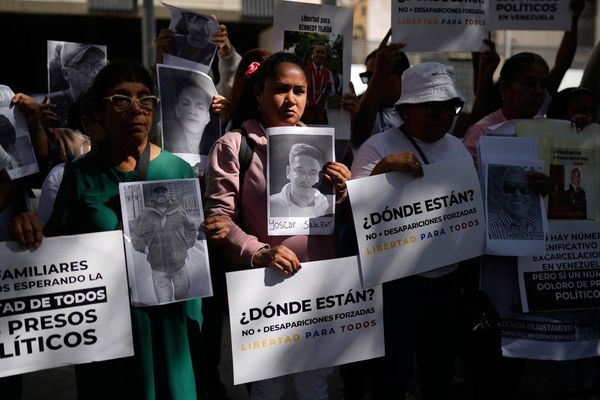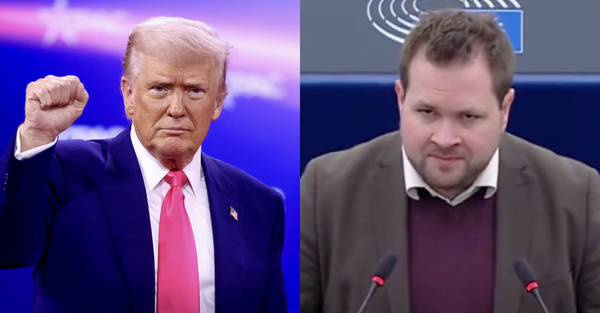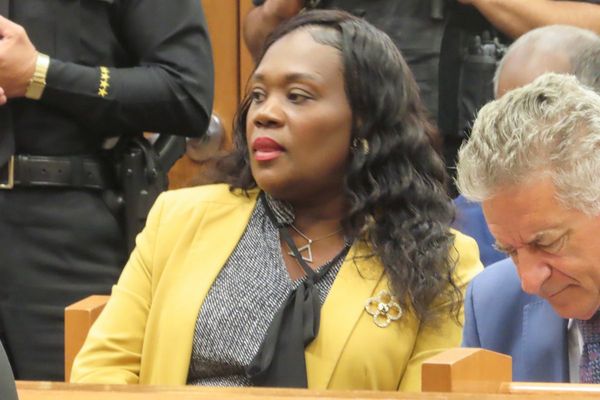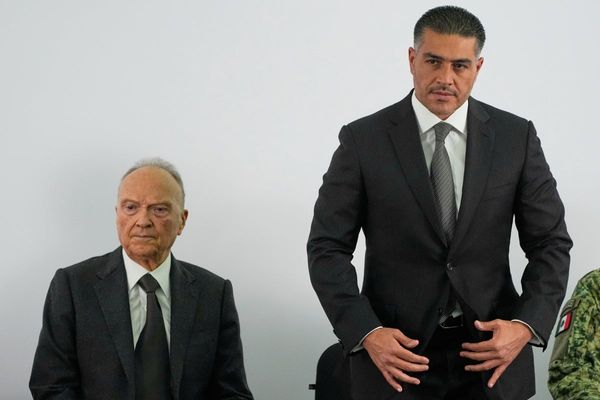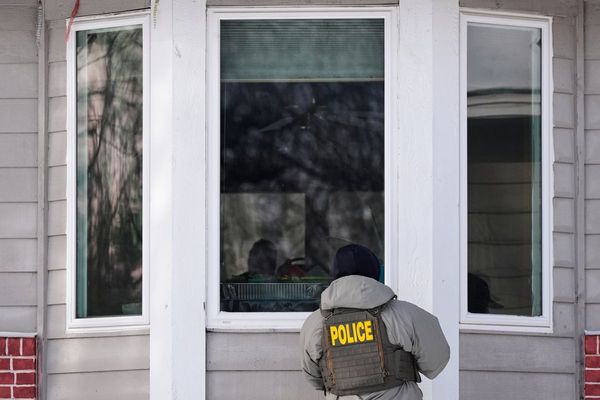
Russian Foreign Minister Sergey Lavrov and United States Secretary of State Marco Rubio have met again at the ASEAN foreign ministers’ meeting in Malaysia’s Kuala Lumpur, according to Russia’s state-run TASS agency, with the war in Ukraine the key focus.
The conversation followed a longer 50-minute meeting between the two top diplomats the previous day.
While no details have yet emerged from Friday’s exchange, Rubio told reporters after Thursday’s talks that the two sides had discussed a possible “new and different approach” to reviving peace efforts over Ukraine.
“I wouldn’t characterise it as something that guarantees peace,” he said, “but it’s a concept that I’ll take back to the president.”
Lavrov said on Friday that he set out the Kremlin’s position on settling the war. “We discussed Ukraine. We confirmed the position that President [Vladimir] Putin had outlined, including in his July 3 conversation with President [Donald] Trump,” Lavrov told Russian media on the sidelines of the ASEAN gathering.
Russia’s Ministry of Foreign Affairs said in a statement that the diplomats held a “substantive and frank exchange” of views on Ukraine, as well as on Iran, Syria and broader global issues.
The meeting marked a rare moment of direct engagement between Washington and Moscow as bilateral relations remain fraught. However, Russian officials downplayed suggestions that ties were deteriorating.

“I do not agree that the positive trend in relations between Moscow and Washington is fading,” Russian Deputy Foreign Minister Sergey Ryabkov told the RIA news agency. “I think that the current US administration acts in a zigzag manner. We don’t dramatise over this.”
Ryabkov said a new round of US-Russia talks on unresolved bilateral issues could be held before the end of the summer.
Despite the strain, both Moscow and Washington appeared to leave the door open to further dialogue, though with caution. “We are talking, and that is a start,” Rubio said. “But much depends on what comes next.”
Top US, Chinese diplomats meet
Rubio, on his first official trip to Asia since assuming office, also met Chinese Foreign Minister Wang Yi in Kuala Lumpur on Friday. The in-person meeting was their first and comes as the US aims to reassert its presence in the Asia Pacific.
Rubio described talks with his Chinese counterpart as “very constructive,” while acknowledging ongoing disagreements. Speaking at the sidelines of the ASEAN meeting, Rubio said a meeting between Trump and Chinese leader Xi Jinping was “highly probable,” though no date had been agreed.
For China’s part, its foreign ministry said the two sides agreed in the meeting to manage differences while expanding fields of cooperation, according to a statement on Friday.
Wang told Rubio that Beijing hopes the US will view China with an “objective, rational and pragmatic attitude” and formulate its policy with the goal of peaceful coexistence, the statement added.
The US secretary of state is attending the East Asia Summit and ASEAN Regional Forum, which brings together key players including Japan, China, Russia, Australia, India and the European Union.
The flurry of diplomatic meetings comes amid worsening US-China trade relations. Beijing has warned Washington against reintroducing sweeping tariffs next month, after being slapped with duties exceeding 100 percent during earlier tit-for-tat exchanges.
China has also warned of retaliation against countries that support efforts to exclude Beijing from critical global supply chains.
While Rubio’s trip signals a renewed US focus on Asia, tensions stemming from Trump’s global tariff strategy continue to cast a long shadow.
From August 1, steep import tariffs targeting eight ASEAN nations, including Malaysia, as well as close allies Japan and South Korea, are due to take effect.
Washington has said the move is part of its effort to “rebalance trade,” but critics warn the policy could undermine the very partnerships the US is seeking to strengthen.
ASEAN’s foreign ministers noted their concern on Friday over rising global tensions and underscored how critical a “predictable, transparent, inclusive, free, fair, sustainable and rules-based multilateral trading system” was in a joint communique.
“We reaffirmed our commitment to work constructively with all partners to this end,” the regional bloc’s foreign ministers said.
